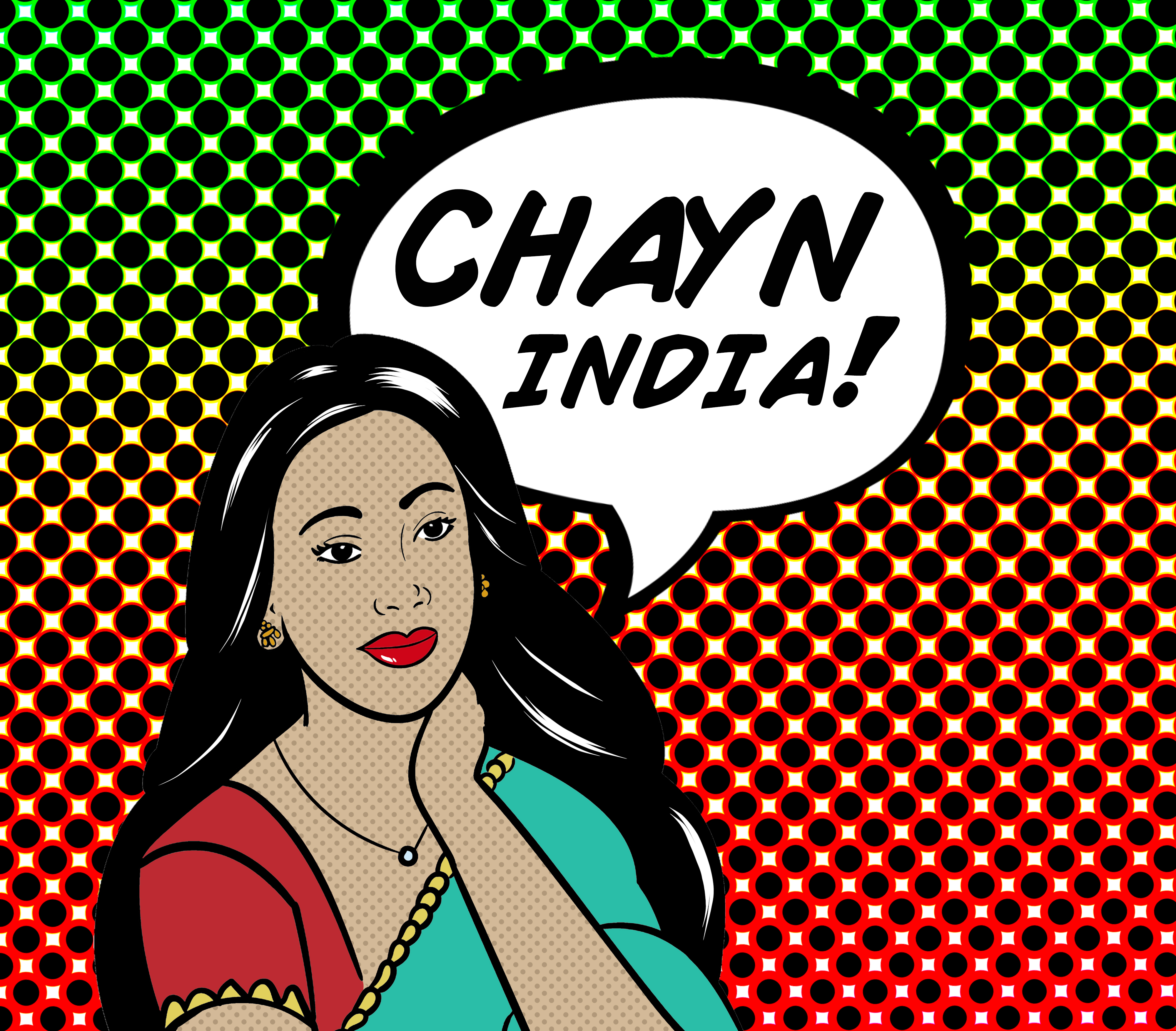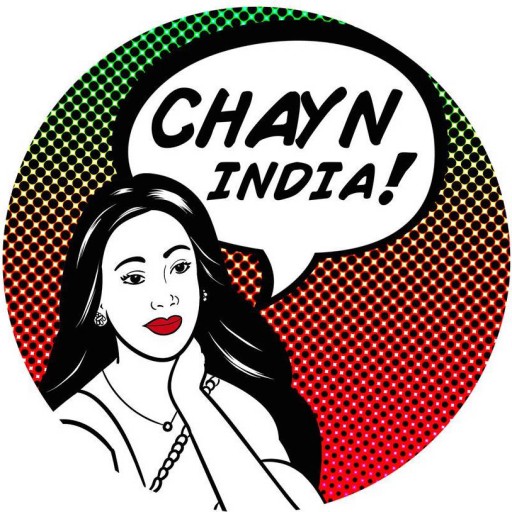Domestic violence in India is prevalent across all religions, states, regions, rural and urban areas, and castes, including the Parsi community. In a 2014 research study titled “Domestic Violence Against Married Women in Rural Area of Wardha District: A Community Based Cross Sectional Study”, it was found that the percentage of women in Parsi families prone to domestic violence was 44.29%. Three out of four women belonging Hindu religion had experienced domestic violence followed by half of Muslim and Parsi respondents.[1]
Zoroastrian religion does not discriminate between men and women. Leaving aside the differences with regard to religious observances and role responsibilities, both sexes are treated equally in the religious texts. Unlike the Vedic religion, there is no preferential treatment for male children. There is no such argument that male children are necessary for the deliverance of parents into the ancestral world. The initiation ceremony, Naujot, is performed for both male and female children. Of the six Immortal Beings created by God, three are feminine and three are masculine. According to the Bundhahisn, “the sky, metal, wind, and fire are male, and are never otherwise; the water, earth, plants, and fish are female, and are never otherwise; the remaining creation consists of male and female.” Both men and women have equal importance in protecting the sanctity and divinity of the world. Children are advised to honor both mother and father equally.
On Treating One’s Wife
In Book 5, Chapter 18 of the same text, we come across the following instructions on how married women are to be treated by their husbands.
- The wife of one’s choice who is tied by a marriage ceremony should always be treated with affection and without niggardliness.
- One should strive to increase progeny by going to her.
- She should be made a sharer in the good gained from righteous deeds.
- A maiden wife should be given good dowry. And a wife who was previously a widow should be given lesser dowry.
- One should maintain physical intimacy and have sexual intercourse with her several times. No limit is prescribed, but thrice a month is considered reasonable.
- As far as possible both men and women should avoid having a second spouse. Such an act is not considered meritorious.
All the above information was sourced and paraphrased from the following web article “Gender Equality and Status of Women in Zoroastrianism” written by Jayaram V. Please read the article for more information on Zoroastrian marriage and inheritance laws: http://www.hinduwebsite.com/zoroastrianism/gender.asp
References:
[1] Khapre MP, Chaudhary SG, Me- shram RD, Mudey AB, Nayak SC, Wagh VV. Domestic Violence Against Married Women in Rural Area of Wardha District: a Com- munity Based Cross Sectional Study. Natl J Community Med 2014: 5(4);355-8.

